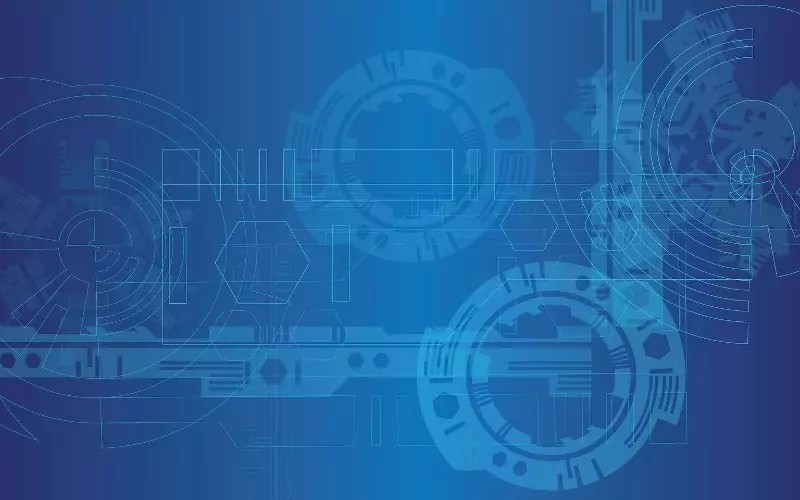The fourth industrial revolution is upon us, characterised by the seamless integration of cutting-edge technologies.
These advancements are making it possible to manufacture bespoke products as efficiently as mass-produced items.
Convergence of Key Technologies
In the modern manufacturing landscape, four technologies are converging to redefine production efficiency: the Internet of Things (IoT), Big Data, artificial intelligence (AI), and robotics. These advancements enable factories to manufacture products like cars and dolls at the efficiency of mass production, even when the production volume is as low as one unit.
This technological synergy paves the way for rapid prototyping and the creation of bespoke products without traditional constraints. Factories are gradually adopting these technologies, driven by the realisation that substantial investments will yield significant returns in production efficiency and product customisation.
The Role of Advanced Robotics
At the forefront of this manufacturing revolution is the integration of advanced robotics. These sophisticated machines communicate autonomously, minimising the need for human intervention on the manufacturing floor.
In highly automated environments, introducing a new product becomes seamless as robots adapt quickly, reshaping the production line to accommodate the new design.
Factories that have embraced modern robotics show an impressive reduction in labour requirements. With machines taking over repetitive tasks, human workers are freed to focus on more complex and creative aspects of manufacturing, such as design and research.
Investment in Future Technologies
Despite the clear benefits, many manufacturers have been hesitant to embrace these technologies, often citing high initial costs as a barrier. However, the potential return on investment has become too significant to ignore, encouraging a shift towards technology-driven production.
The readiness to invest is becoming apparent as manufacturers realise maintaining competitive advantage necessitates modernisation. Companies like Tesla, with their state-of-the-art manufacturing facilities, serve as a beacon of what’s possible when traditional methods are challenged.
Traditional automotive giants like Ford are compelled to reinvent their operations in response to the new market dynamics. Failure to keep pace with technological innovation could erode their market share and threaten their survival in an increasingly competitive industry.
Demand-Led Manufacturing
The shift from push-based to demand-led manufacturing is gaining momentum. Unlike traditional methods where production is based on forecasted demand, modern factories are increasingly tailoring their operations to real-time consumer needs.
Consumers now expect personalised products delivered quickly, a demand that is met through adaptable manufacturing processes. This transition not only satisfies customer expectations but also reduces inventory costs and minimises waste.
By aligning production closely with demand, manufacturers can produce tailor-made products efficiently. This shift is essential for staying relevant in a market where consumer preferences are constantly evolving.
Industry 4.0 and the Workforce
Concerns that advancements in manufacturing technology may lead to job losses are being challenged. Industry 4.0, characterised by smart factories and automation, offers an opportunity for workers to upskill and transition into roles that involve overseeing and maintaining complex machines.
Manufacturers are investing in training programmes to equip workers with the necessary skills, ensuring that they remain integral to production processes in the future.
This evolution in the workforce underscores the importance of human oversight and creativity in an automated world, proving that technology can enhance rather than diminish job prospects.
Economic Implications of Manufacturing Evolution
The economic landscape is being reshaped by advancements in manufacturing technologies. As factories adopt smarter systems, they not only gain efficiency but also reduce their environmental impact through optimised resource use.
Such innovations could lead to a more sustainable manufacturing sector, aligning with global initiatives to combat climate change. The ability to create customised products efficiently opens new markets and diversifies revenue streams for manufacturers.
Firms that resist this change risk obsolescence in a fast-evolving economic environment where agility and innovation are paramount. The factories of the future are not just producing goods; they are driving economic transformation.
Manufacturers embracing these technologies are positioned to lead in an era of bespoke production.

